Dicentra formosa, the western bleeding heart or Pacific bleeding heart, is a flowering plant in Poppy family, generally found in moist wooded areas from California to British Columbia. It is a perennial that grows from a horizontal rootstock (tuber). The plant can approach half a meter in height. The flower has four petals between one and two centimeters long in shades of purple to pink to nearly white. The outer two petals curve and pouch, forming a rough heart shape. Leaves are finely divided and fernlike, growing from the base of the plant. Flowers are pink, red, or white and heart-shaped and bloom in clusters at the top of leafless, fleshy stems above the leaves from mid-spring to autumn, with peak flowering in spring. Description from Calscape
Home > Plant Guide >
Scientific Name
Family
Garden Type
Wildlife
Native Plant Region
Light needs
Water Needs
Plant Type
Bloom Color(s)
Height
Width
Months in Bloom
Safe Beneath Power Lines?
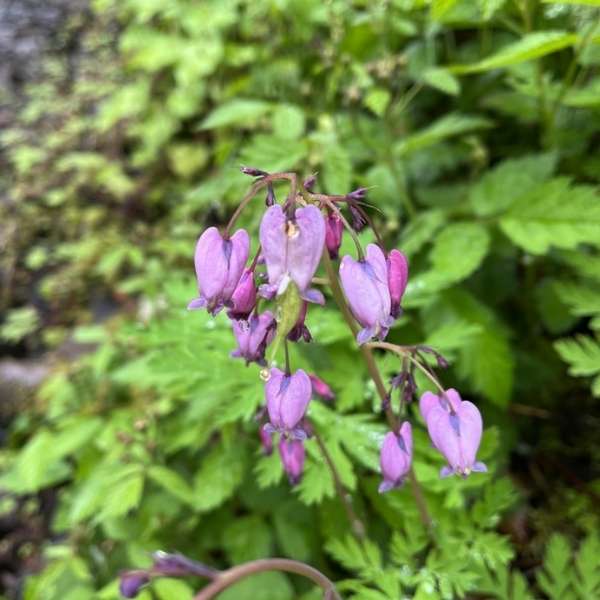
We’d like to maintain accurate and robust plant listings. If you see information that is not correct or that could be added to improve the listing, please let us know. Or if you’d like to suggest a plant to add to our plant guide, you can use this form do so. Thank you!
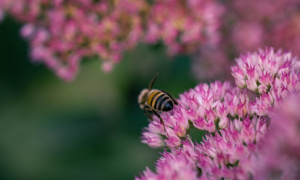
This workshop will guide you through the process and materials needed to help you decide if Mason Bees are right for you and your garden, whether you have a small deck or an open garden.
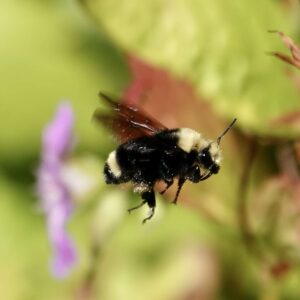
Look closer…and meet the local insects that pollinate the plants around your Seattle neighborhoods. Learn about some of our amazing native pollinating insects.
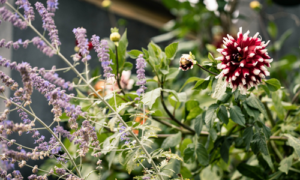
Learn about container gardening with shrubs, trees, herbs, veggies, perennials, and annuals. A special focus will be on plantings that provide pollinators with food and that encourage bird habitat.
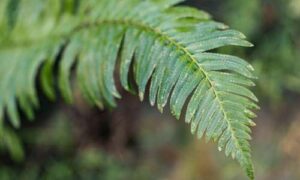
Despite the urban character and the high population density, a surprising diversity of life exists in Capitol Hill. Explore a few physical aspects of our urban ecosystems and meet some of its more-than-human residents.
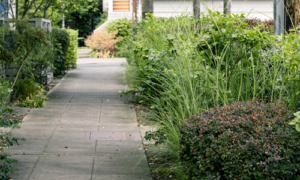
Do you want to plant a tree, create butterfly habitat, or start a vegetable garden but don’t have a yard? Learn how planting strips are a great place to start your own garden!
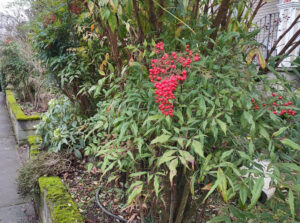
Some introduced plant species can diminish biodiversity. Other plants produce poisons that can harm wildlife. Learn what plants to avoid when figuring out what to plant or remove in your outdoor space.
Nature of Your Neighborhood is a collaboration between Birds Connect Seattle, the Capitol Hill EcoDistrict, and the Seattle Bird Conservation Partnership. Our goal is to foster relationships between the people and the nature of their neighborhoods.